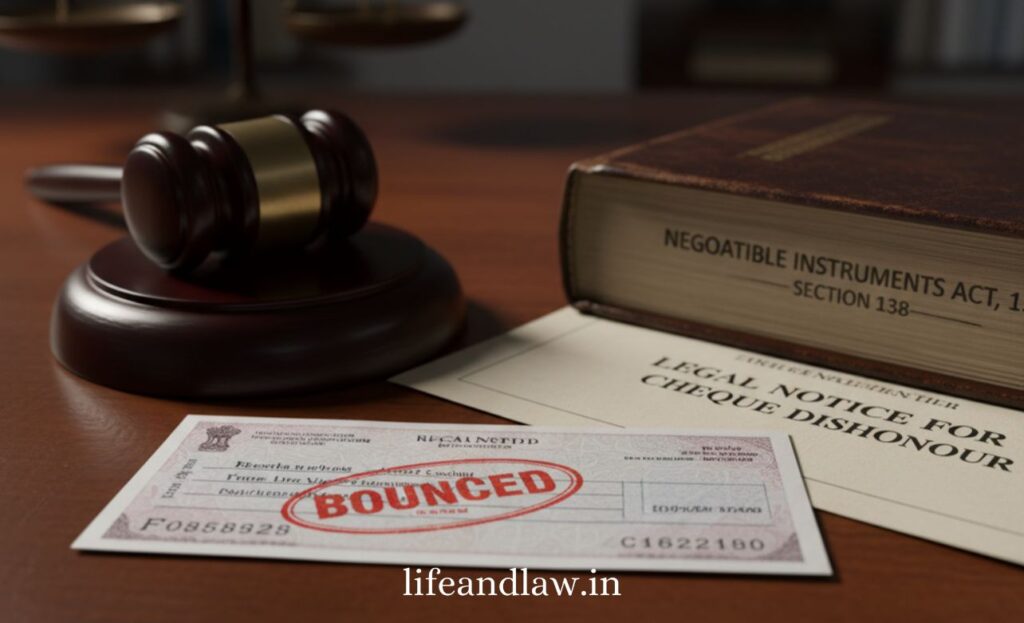Trending

Cheque bounce occurrences sometimes result in conflicts between creditors and debtors, owing to a lack of understanding about the legal rights and remedies available. Many people suffer huge financial losses simply because they are uninformed of the appropriate legal procedures to follow. The legislation has explicit safeguards in place to ensure openness and trust in financial transactions, which must be implemented efficiently.
The aim of this article is to educate readers on their legal rights and protections in cheque bounce incidents. It emphasises the significance of taking prompt legal action to prevent fraud and details the procedures and penalties involved.
Cheque bounce occurs when a bank refuses to honour the amount stated on the cheque. When the cheque holder (the person or institution depositing the cheque) deposits the cheque into their account, but the bank is unable to honour it because of insufficiency of the funds in the account and returns it, the cheque is said to have “bounced.”
A cheque bounce happens when a cheque is rejected for reasons such as insufficient funds, signature mismatch, or technical errors. It is a criminal offence under the Negotiable Instruments Act, 1881, which can result in imprisonment, fines, or both.
Cheque bounce is a criminal crime under Section 138 of the Negotiable Instruments Act of 1881. If proven guilty, the accused may face up to two years in prison, a fine equal to twice the value of the cheque, or both.
In addition to criminal charges, the cheque holder may launch a civil lawsuit for recovery. To recover the cheque amount plus damages, the court may order that the accused’s property be attached.
If the cheque was issued fraudulently, a criminal fraud case can be initiated under the Bharatiya Nyaya Sanhita (BNS), 2023, which could result in severe punishment and financial fines.
1.Maintain a sufficient balance: To avoid having a cheque dishonoured, ensure that your account has enough funds before issuing it.
2.Follow the bank’s rules: Use the proper structure, eliminate errors such as overwriting or imprecise writing, and adhere to any bank policies.
3.Sign properly: Check that the signature on the check exactly matches the one registered with the bank.
4.Keep Transaction Proof: Always retain sufficient paperwork for cheque-related transactions to help you in case of a dispute.
Cheque bounce is a serious financial and legal issue that can be prevented by taking simple safeguards such as maintaining an adequate balance, adhering to correct cheque-writing procedures, and keeping transaction records. If a cheque bounces, prompt legal action is required to protect your interests.
To avoid problems and secure legal protection, it is best to move quickly and obtain competent advice. In such instances, contacting Adv. Abdul Mulla, the author of this article, at www.asmlegalservices or www.lifeandlaw.in, can be critical.
Adv. Abdul Mulla (Mob. No. 937 007 2022) is a seasoned legal professional with over 18 years of experience in advocacy, specializing in diverse areas of law, including Real Estate and Property Law, Matrimonial and Divorce Matters, Litigation and Dispute Resolution, and Will and Succession Planning. read more….
Copyright BlazeThemes. 2025